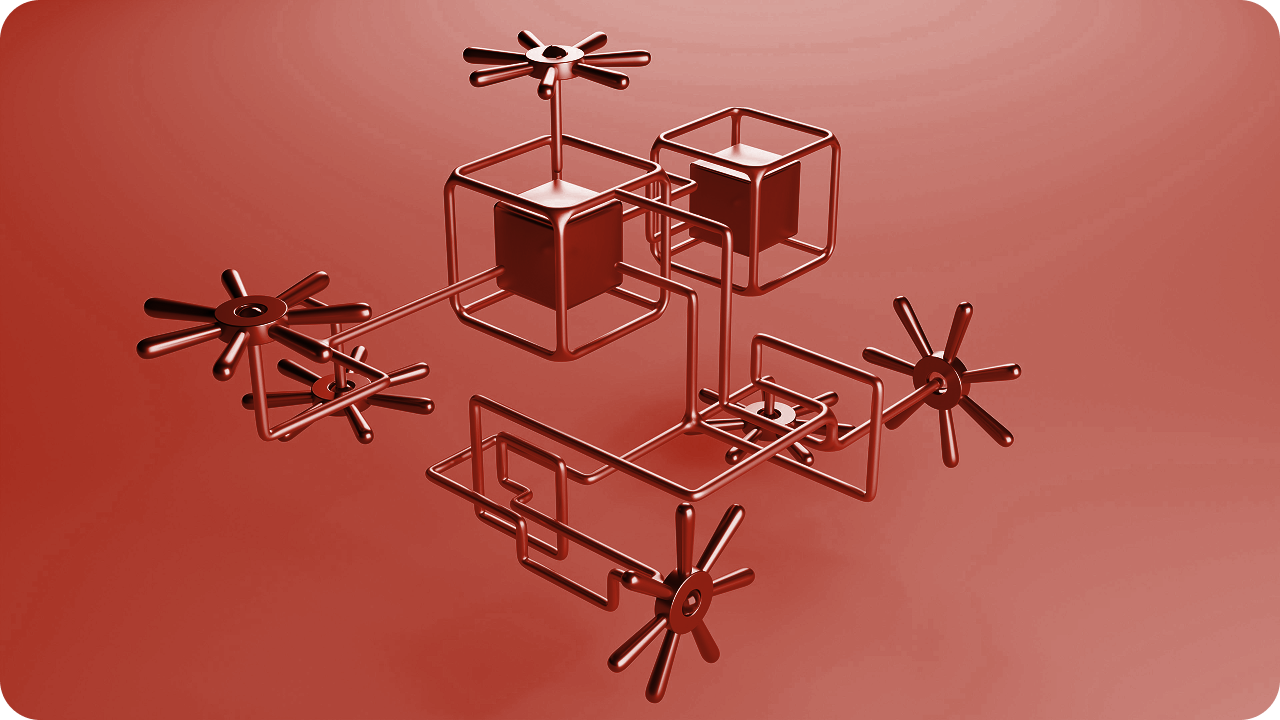//Overview//
This case study explores how brands can transition from scattered ad efforts to a fully integrated, performance-led paid media strategy. By refining audiences, aligning creative, and adopting full-funnel media planning, organizations often build systems designed for consistent visibility, engagement, and long-term scalability.
//The Challenge//
Even with steady investment in digital advertising, many teams encounter familiar inefficiencies:
- Disconnected campaigns across platforms without a unified narrative or strategy
- Broad targeting that doesn’t reflect real user behaviors or intent signals
- Underperforming creatives reused across all funnel stages
- Lack of clear attribution, making it difficult to evaluate impact or scale what works
- Short-term focus without a structure for learning and optimization
The objective in these cases is to transform paid media from a collection of isolated tactics into a repeatable and measurable growth system.
//Approach//
1. Media Audit & Funnel Mapping
An effective transformation often starts with a comprehensive review of existing campaigns, creative assets, and platform performance data. This process typically uncovers major opportunities for simplification and alignment.
From there, a clear funnel structure is defined:
- Awareness Stage: Storytelling, brand positioning, and eye-catching visuals to drive discovery
- Consideration Stage: Content highlighting product benefits, social proof, and differentiators
- Conversion Stage: High-intent offers, urgency-driven CTAs, and personalized retargeting
Each funnel stage is mapped to specific audiences, goals, channels, and creative formats to ensure strategic clarity.
2. Audience Segmentation & Targeting Strategy
Layered audience segmentation is essential for relevance and scale. This can be built on:
- Platform behaviors (video views, post engagement, link clicks)
- On-site actions (product page views, cart additions, session duration)
- First-party data (email lists, CRM records, past purchases or interactions)
These segments enable custom journey paths, ensuring users receive messaging matched to their intent and stage — across paid social, search, and display.
3. Creative System & Message Architecture
Instead of relying on generic ads, high-performing programs use a modular creative system:
- Developing asset libraries with variations tailored to each funnel stage and platform
- Aligning messaging to user motivations and needs rather than just product features
- Sequencing narratives so stories build progressively over time
- Combining static imagery, video, UGC-style content, and testimonials
- Maintaining brand consistency across all touchpoints
In this approach, creative becomes a primary lever for performance — not an afterthought.
4. Optimization Framework & Measurement
Sustainable growth requires structured measurement and iteration:
- Continuous A/B testing of copy, visuals, formats, and placements
- Weekly reviews focused on creative fatigue, cost trends, and engagement signals
- Dynamic media mix adjustments to allocate budget toward top-performing channels
- Attribution models that recognize the role of top-of-funnel and mid-funnel engagement
- Integration with CRM and analytics to track outcomes beyond the click
This shifts paid media from reactive campaigns to a proactive, data-informed discipline.
//Outcomes//
Organizations that adopt a system-driven paid media approach frequently see:
- Clearer, more efficient management of campaigns across channels
- Increased engagement from personalized, relevant messaging
- Improved lead quality and conversions through refined targeting and retargeting flows
- Greater agility in scaling creative and reallocating budget in real time
- Enhanced visibility into performance, enabling smarter investment decisions
//Key Takeaways//
- Paid media works best when structured as a cohesive system, not a collection of standalone campaigns
- A full-funnel approach ensures messaging meets users where they are, not just where brands wish they were
- Creative strategy is as important as targeting — storytelling must evolve across the journey
- Performance comes from clarity, iteration, and insights, not just ad spend
//Conclusion//
Paid media isn’t only about capturing attention — it’s about guiding attention with intention. When campaigns are built with strategy, creativity, and structure, they become more than ads — they become engines for predictable, scalable growth.





